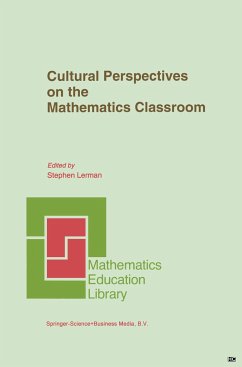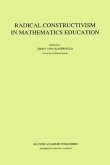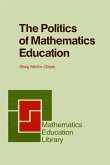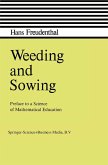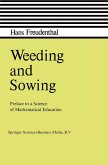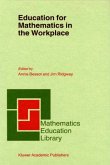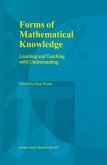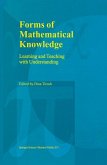Mathematics teaching and learning have been dominated by a concern for the intellectual readiness of the child, debates over rote learning versus understanding and, recently, mathematical processes and thinking. The gaze into today's mathematics classroom is firmly focused on the individual learner. Recently, however, studies of mathematics in social practices, including the market place and the home, have initiated a shift of focus. Culture has become identified as a key to understanding the basis on which the learner appropriates meaning. The chapters in this timely book attempt to engage with this shift of focus and offer original contributions to the debate about mathematics teaching and learning. They adopt theoretical perspectives while drawing on the classroom as both the source of investigation and the site of potential change and development. The book will be of fundamental interest to lecturers and researchers and to teachers concerned with the classroom as a cultural phenomenon.
Bitte wählen Sie Ihr Anliegen aus.
Rechnungen
Retourenschein anfordern
Bestellstatus
Storno

